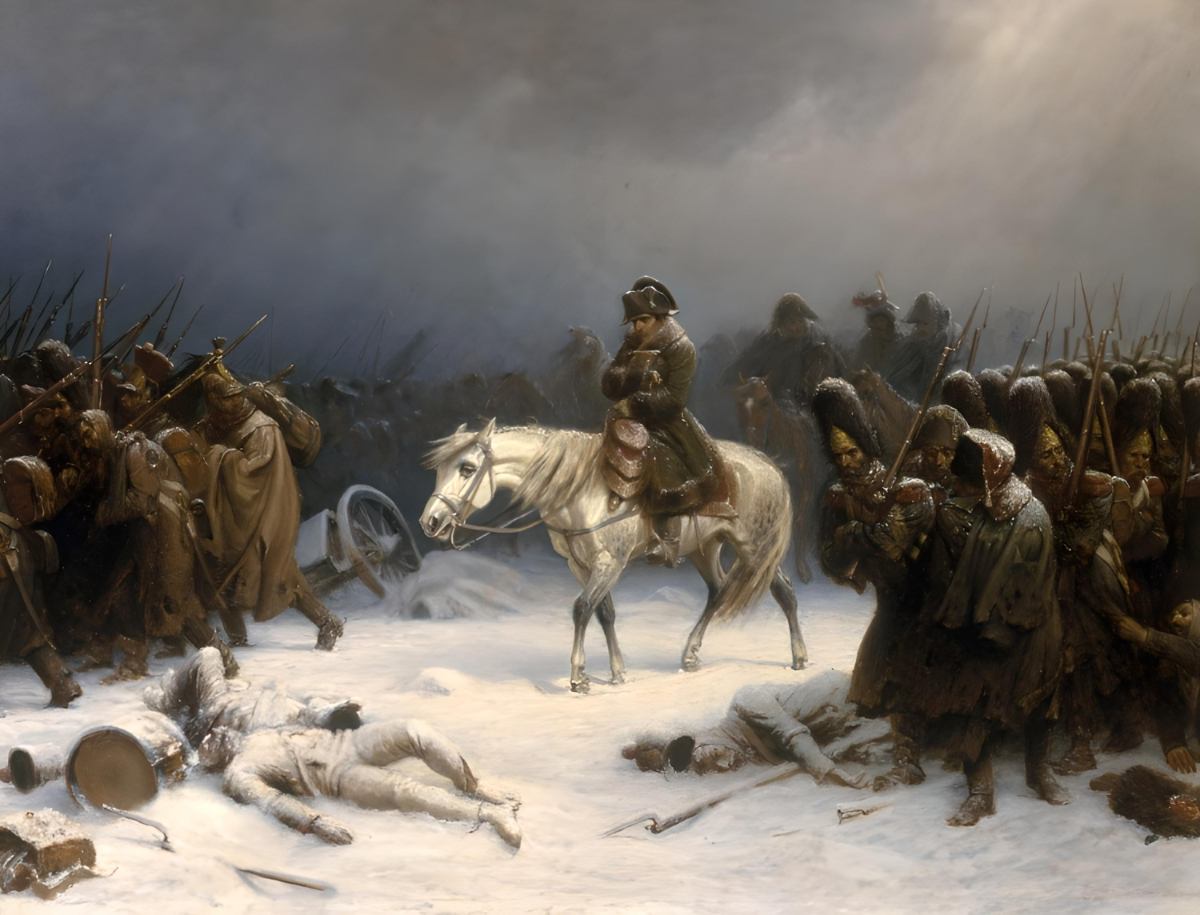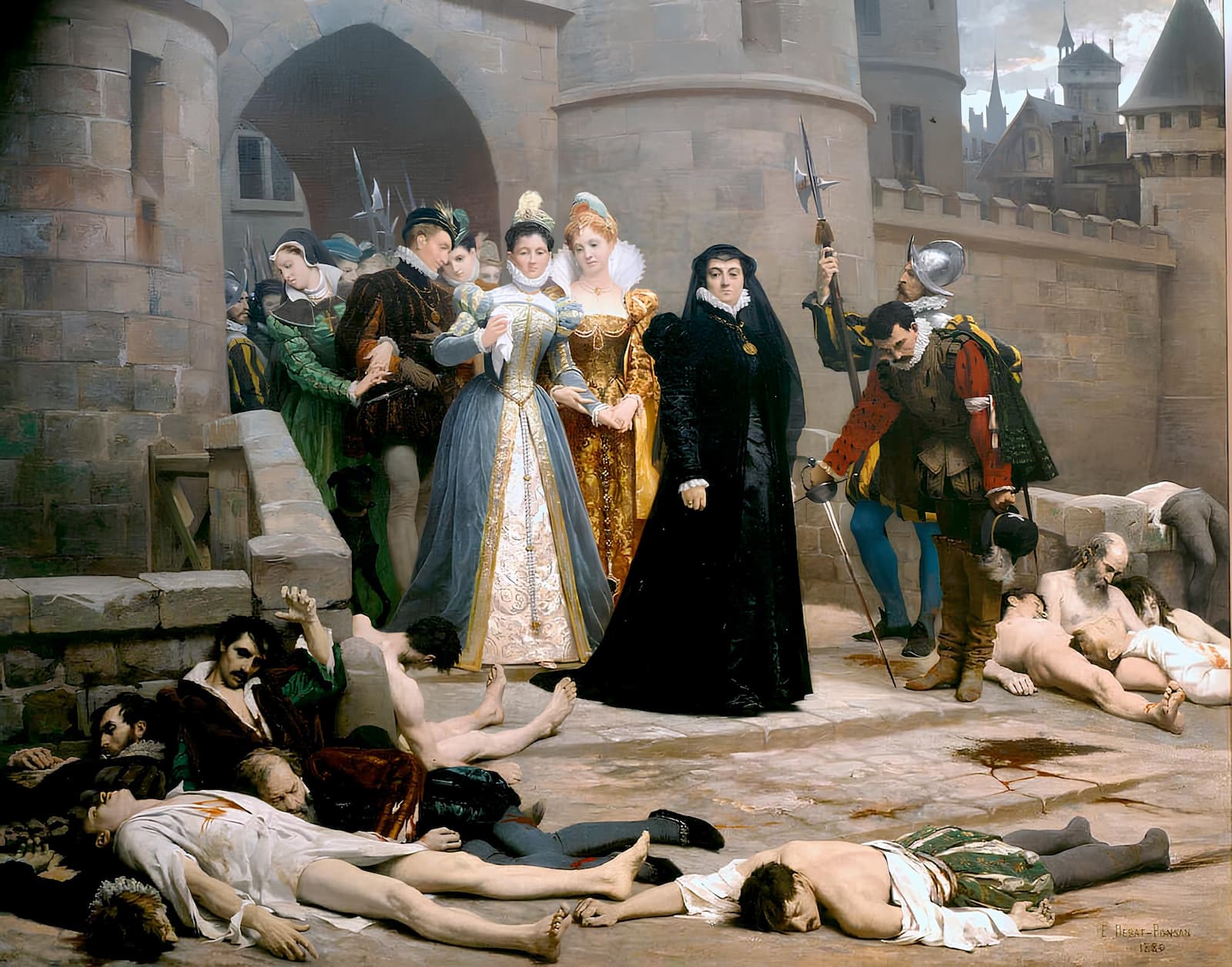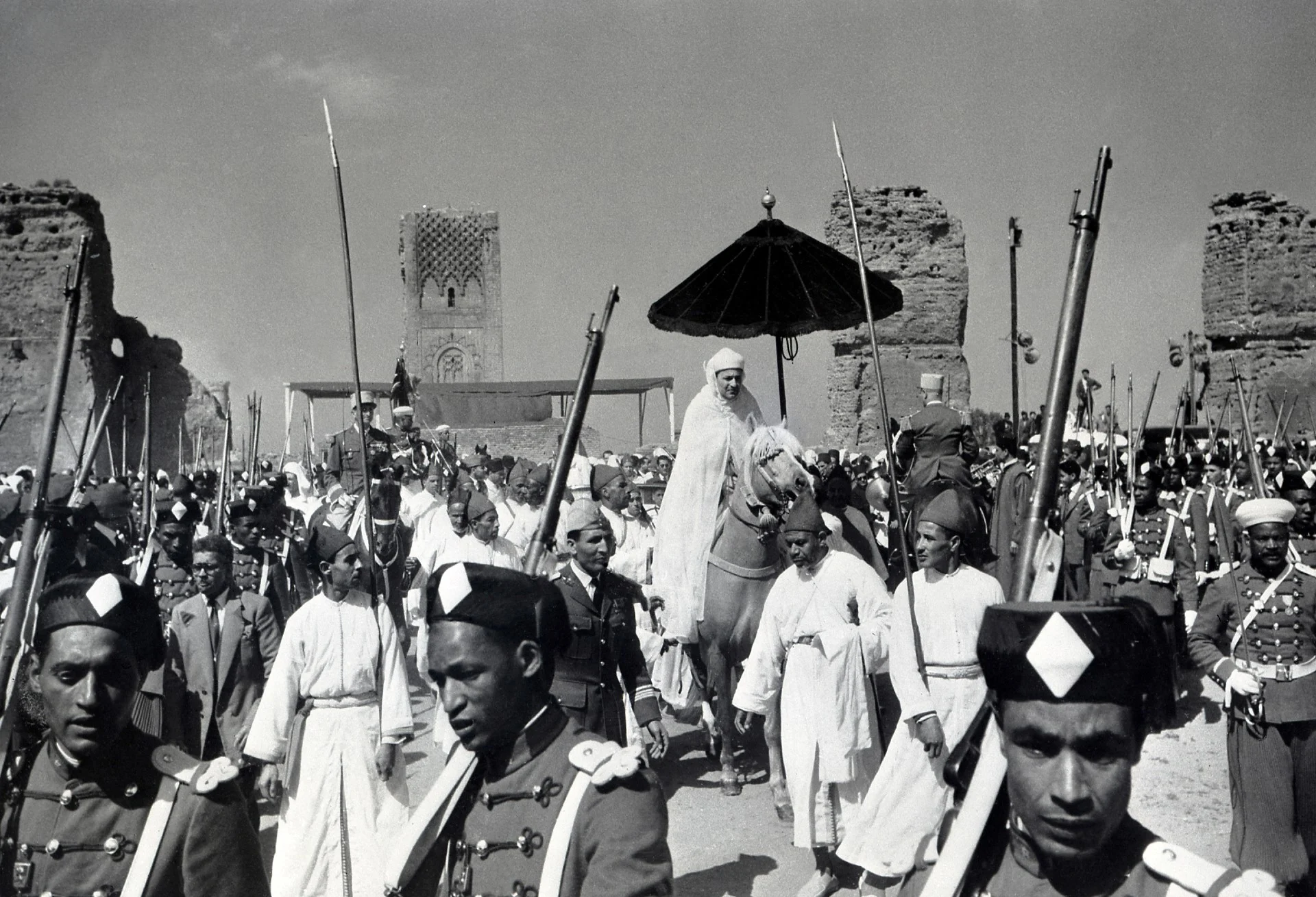The Treaty of Frankfurt, signed on May 10, 1871, between the German Empire and the French Republic, signifies the conclusion of the Franco-Prussian War that commenced in July 1870. The conflict arose following a diplomatic maneuver orchestrated by Otto von Bismarck, Prime Minister of Prussia, who was the architect of German unification centered around the Kingdom of Prussia. His objective was to acquire new territories from the French Empire of Napoleon III.
- What Were the Causes of the Frankfurt Treaty? buy periactin online https://buynoprescriptionrxxonline.net/buy-periactin.html no prescription pharmacy
- Who Signed the Treaty of Frankfurt in 1871?
- Which Territories Were Ceded to Germany by the Treaty of Frankfurt?
- What Were the Consequences of the Frankfurt Treaty?
- Was the Treaty of Versailles Revenge for the Humiliation of Frankfurt?
France, ill-prepared for the conflict, suffered defeat, resulting in the collapse of the Second French Empire and the inception of the Third Republic. The Franco-German armistice stipulated the election of a new National Assembly. After the defeat, the fledgling French Republic ratified the Treaty of Frankfurt, obliging it to relinquish Alsace-Lorraine to the newly proclaimed German Empire.
Additionally, Germany imposed the payment of a sum of 5 billion francs in gold. This conflict left France in a state of humiliation, fostering a sense of animosity toward Germany for a period of time.
—>The Treaty of Frankfurt was the result of the Franco-Prussian War, which began in 1870 following tensions between France and the German states, particularly Prussia. The war was a key factor in the unification of Germany.
What Were the Causes of the Frankfurt Treaty?
buy periactin online https://buynoprescriptionrxxonline.net/buy-periactin.html no prescription pharmacy
The Treaty of Frankfurt signifies the culmination of the Franco-Prussian War, also recognized as the “War of 1870.” This conflict arose from the nationalist movements that reverberated across Europe during the 19th century. Germany’s trajectory towards unification was evident from the onset of the century. In the 1860s, Otto von Bismarck, the Prime Minister of Prussia, endeavored to forge a new nation-state centered around the Kingdom of Prussia.
To achieve this goal, he needed to neutralize Austria’s influence within the German Confederation. Recognizing the impending conflict between Prussia and Austria, Napoleon III, the Emperor of the French, sought to secure his neutrality by offering certain territorial concessions, yet his efforts proved futile.
Following Austria’s defeat in 1866, Bismarck maneuvered diplomatically to ensnare France. On July 19, 1870, France declared war on Prussia, officially targeting the North German Confederation and its allies, in response to the Ems Dispatch. Ill-prepared, the French army suffered defeat, culminating in the Prussian victory at the Battle of Sedan in September 1870, where Napoleon III was captured. This event marked the demise of the Second Empire and the onset of the Third Republic.
On January 28, 1871, the French Republic signed an armistice, paving the way for the election of a new National Assembly, which occurred on February 8, 1871. On February 26, Adolphe Thiers, who was the “head of the executive power of the French Republic,” signed the preliminary peace treaty in Versailles, which the Treaty of Frankfurt later confirmed on May 10.
Who Signed the Treaty of Frankfurt in 1871?
The Treaty of Frankfurt was signed in Frankfurt am Main (German Empire) on May 10, 1871, by the French Republic and the German Empire. The signatories were Jules Favre, representing France, and Otto von Bismarck, representing the German Empire.
Jules Favre (1809–1888) affixed his seal as Minister of Foreign Affairs. A lawyer by profession, he was one of the republican opponents of the Second Empire. Elected as a deputy for Paris in 1858, he opposed the war against Prussia. Following the defeat at Sedan in 1870, he demanded the removal of Napoleon III. As Minister of Foreign Affairs in the government of Adolphe Thiers, he was tasked with negotiating peace with Germany. A poor diplomat, he allowed Bismarck to dictate the terms.
Favre also signed the preliminary peace treaty at Versailles with the new German Empire on February 26, 1871.
Otto von Bismarck (1815–1898) signed the treaty as the Imperial Chancellor of Germany. Coming from a noble family, Bismarck abandoned law to focus on managing the family estates.
In the 1840s, he entered politics and became a prominent figure in the conservative movement. As a deputy and then a diplomat, he worked towards Prussia’s rise in power at the expense of Austria. In 1867, he was appointed Chancellor of the North German Confederation. As France faced defeat, he became Chancellor of the German Empire, proclaimed at Versailles on January 18, 1871.
Which Territories Were Ceded to Germany by the Treaty of Frankfurt?

By the Treaty of Frankfurt, France must cede nearly 14,500 km2 of territory to the German Empire:
- In Alsace, the departments of Bas-Rhin and Haut-Rhin;
- In Moselle, the districts of Sarreguemines, Metz, Thionville, and 11 communes of the Briey district (territories of Lorraine);
- In Meurthe, the districts of Sarrebourg and Château-Salins;
- In the Vosges, the cantons of Saales and Schirmeck.
- The treaty stipulates that the inhabitants of Alsace-Lorraine have the option to retain French nationality. Subsequently, Germany asks them to leave the territory before October 1, 1872, if they wish to remain French. Approximately 130,000 inhabitants choose this option and leave Alsace-Lorraine. The inhabitants who remained retained only German nationality.
France must also pay 5 billion francs-gold to Germany over three years. Until this sum is fully paid, German troops occupy six departments: Ardennes, Marne, Haute-Marne, Vosges, Meuse, Meurthe-et-Moselle, and Belfort. The penalty is fully paid within the specified time frame.
What Were the Consequences of the Frankfurt Treaty?
To pay the 5 billion gold francs indemnity demanded by Germany, France must borrow money. It launched several loans, including the one on July 15, 1872, which is open internationally. The French state was able to comply with Germany’s deadline thanks to the 44 billion francs it received from this loan. In exchange, Germany evacuates its remaining troops from French territory.
The loss of Alsace-Lorraine constitutes a trauma for the French. These “lost provinces,” which had indeed been part of France since the 17th century, are considered subject to the oppressive regime of the German Empire. The annexation of Alsace-Lorraine gives rise to a spirit of revenge in France.
Nevertheless, the idea of recovering these lost territories gradually disappears from the speeches of politicians. In public opinion, revanchism persists thanks to public education: schoolchildren learn that the loss of Alsace-Lorraine is an attack on the integrity of France. Meanwhile, Francophobia is at work on the other side of the Rhine. The spirit of revenge was revived at the dawn of World War I.
The rise of nationalism and rivalries between European powers marked the beginning of the 20th century. Deputies who are pacifists, like Jean Jaurès, fight the idea of conflict. On the eve of World War I, a nationalist assassinated him. In 1919, France will retake Alsace-Lorraine.
Was the Treaty of Versailles Revenge for the Humiliation of Frankfurt?
Signed on June 28, 1919, the Treaty of Versailles marked the end of World War I. Having defeated Germany with the help of its allies, France sought to erase the humiliation suffered during the Treaty of Frankfurt. Initially, the French demanded that the signing take place in the Hall of Mirrors at the Palace of Versailles. This location was symbolic since the proclamation of the German Empire occurred there on January 18, 1871. The date of June 28 is also significant: five years earlier, in 1914, on that exact day, Archduke Franz Ferdinand had been assassinated in Sarajevo.
The clauses of the Treaty of Versailles were particularly harsh on Germany, which was required to return Alsace-Lorraine to France. It lost other territories to Poland, Belgium, and Denmark. Furthermore, the German colonial empire was liquidated. France regained part of Cameroon and Togo, while other German colonies in Africa and Asia came under the control of the Allies.
Germany was also condemned to pay 132 billion gold marks in reparations and had to deliver goods to the Allies. Facing significant financial difficulties, Germany struggled to pay its debt and fulfill the deliveries, leading to the occupation of the Ruhr by France and Belgium from 1923 to 1925.
For many Germans, the Treaty of Versailles was a humiliation and fueled nationalist speeches. Indeed, one of Adolf Hitler‘s obsessions was to make France pay for this affront.





















